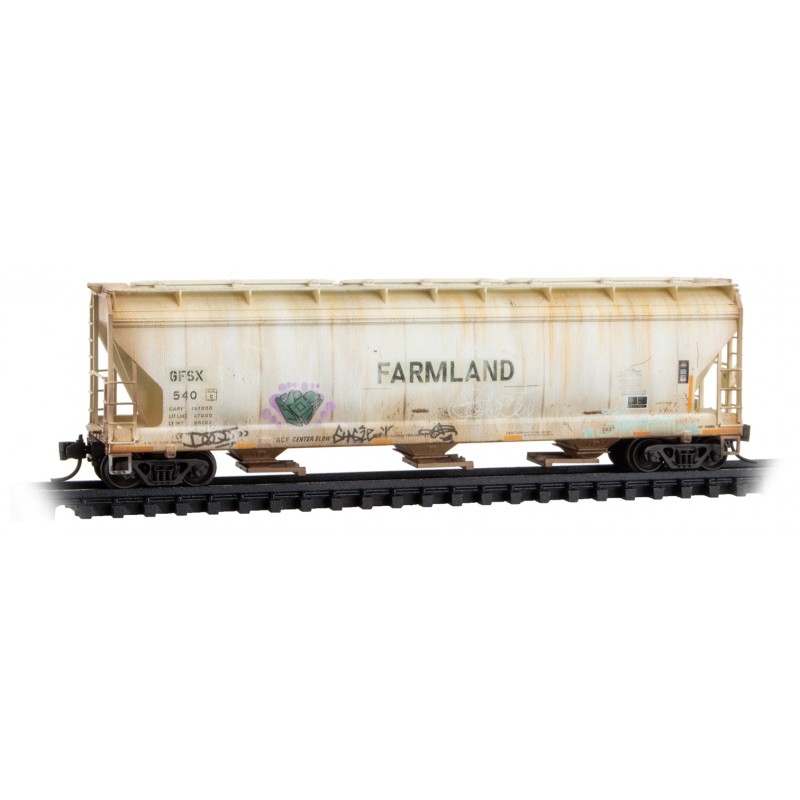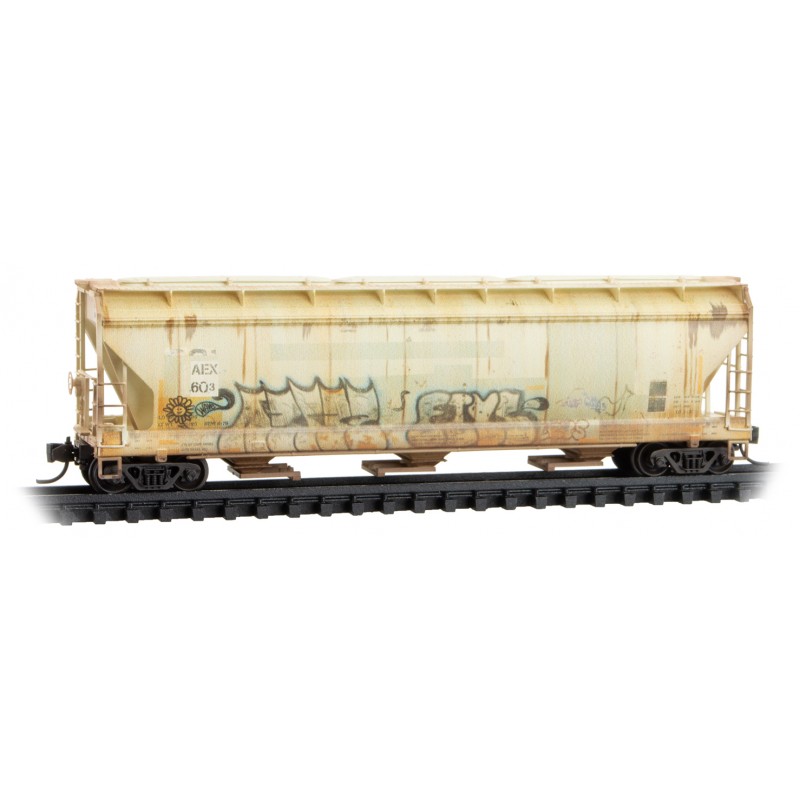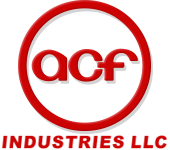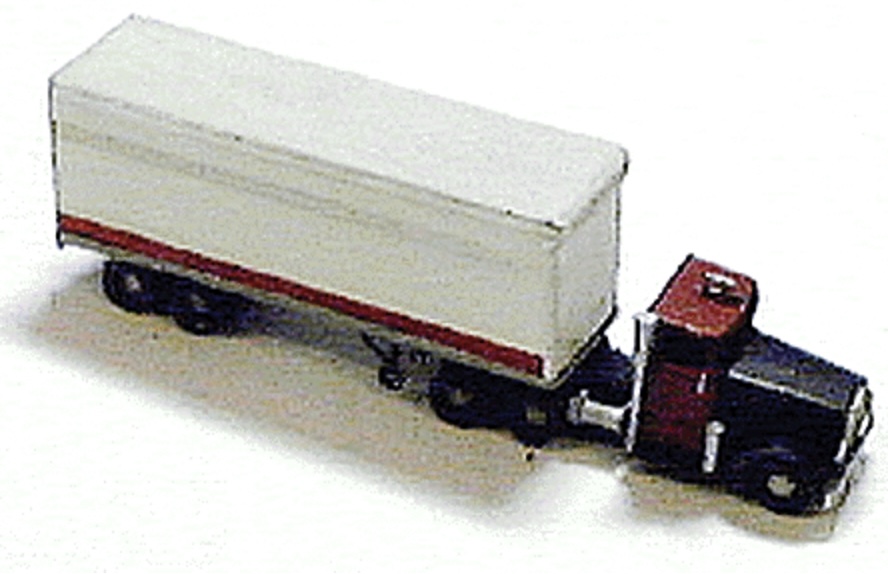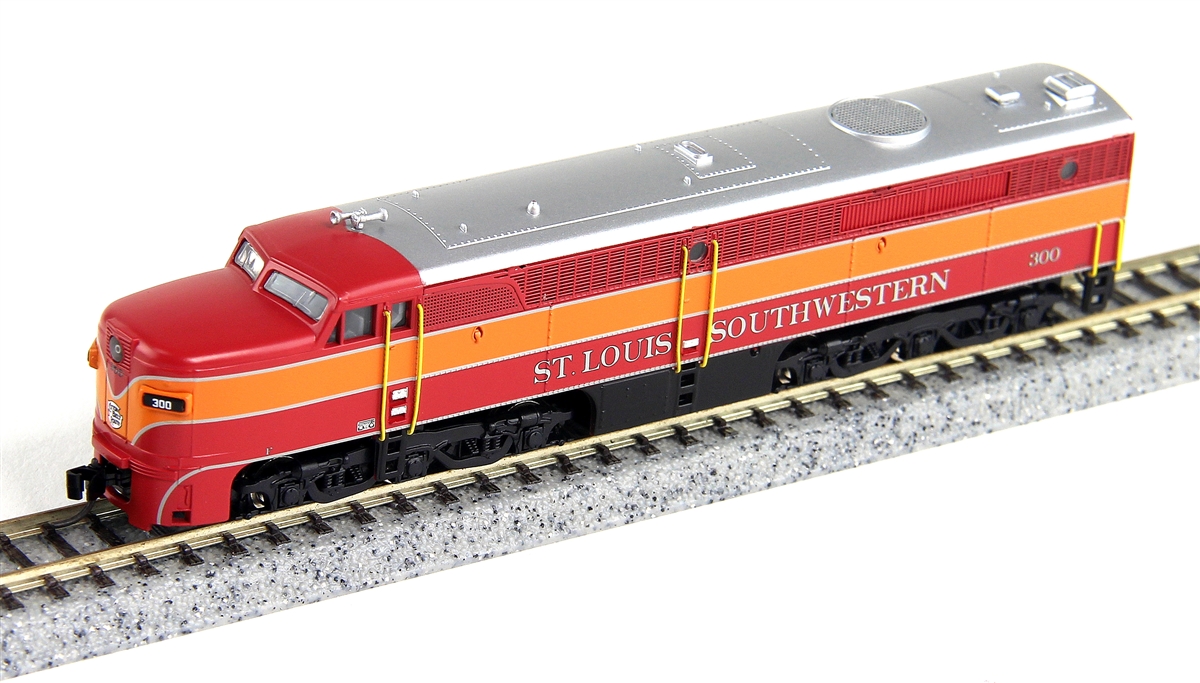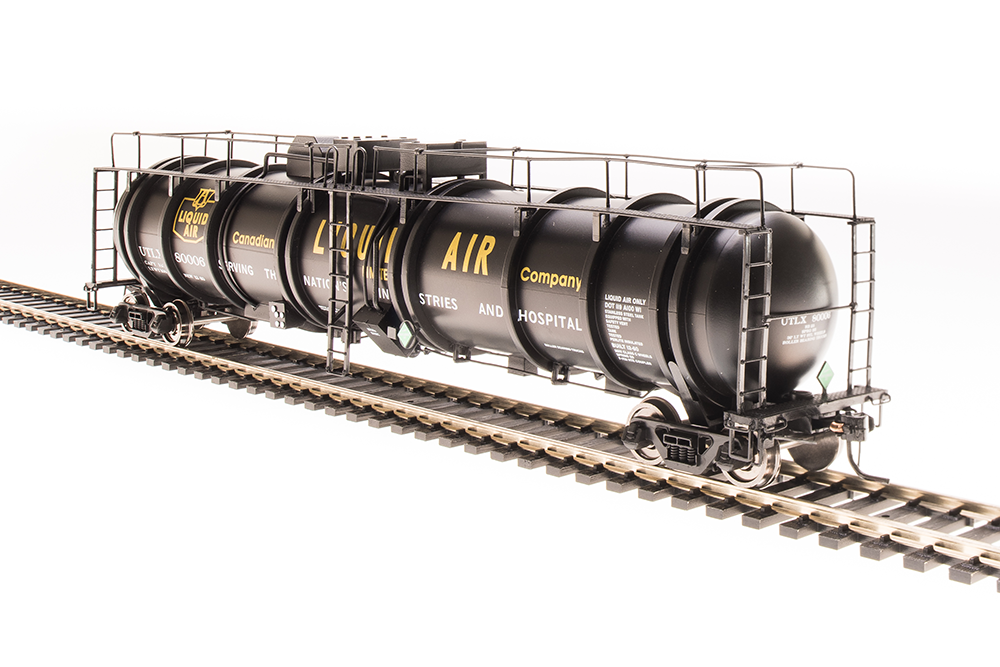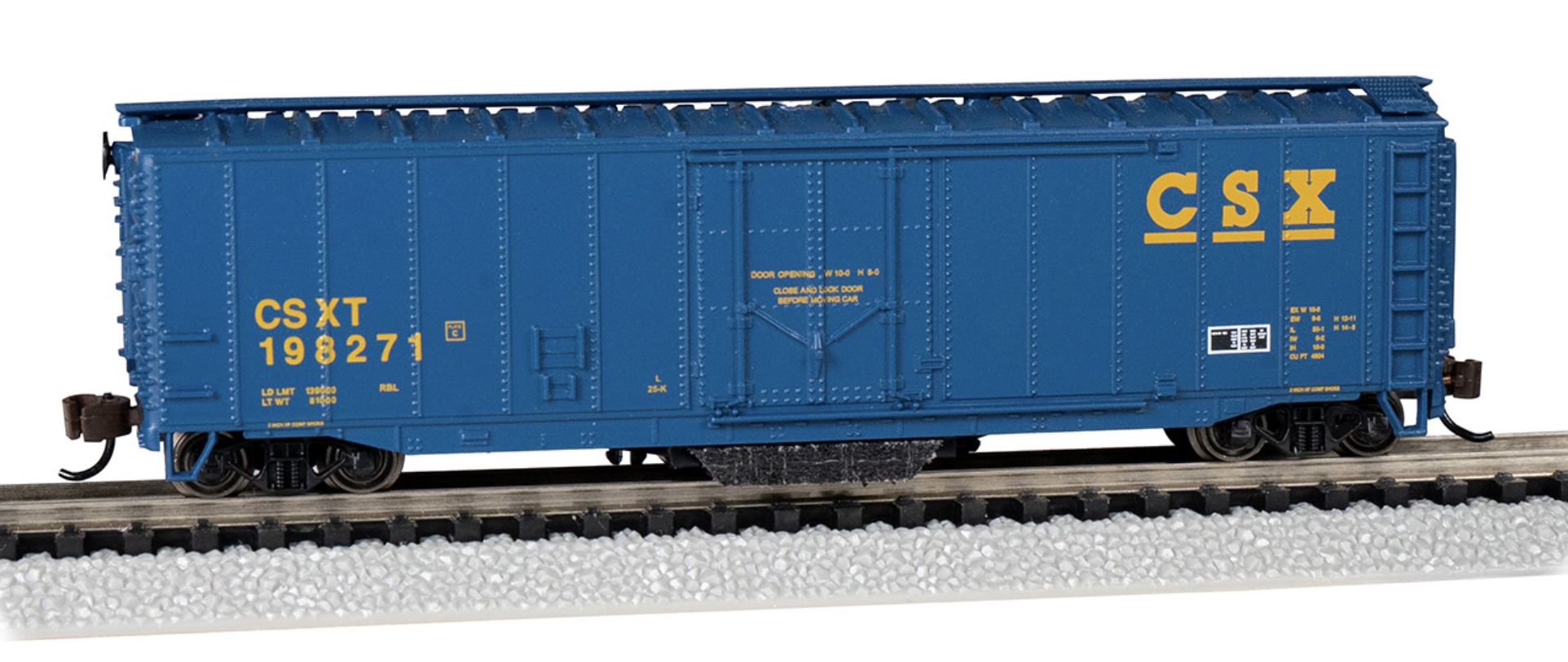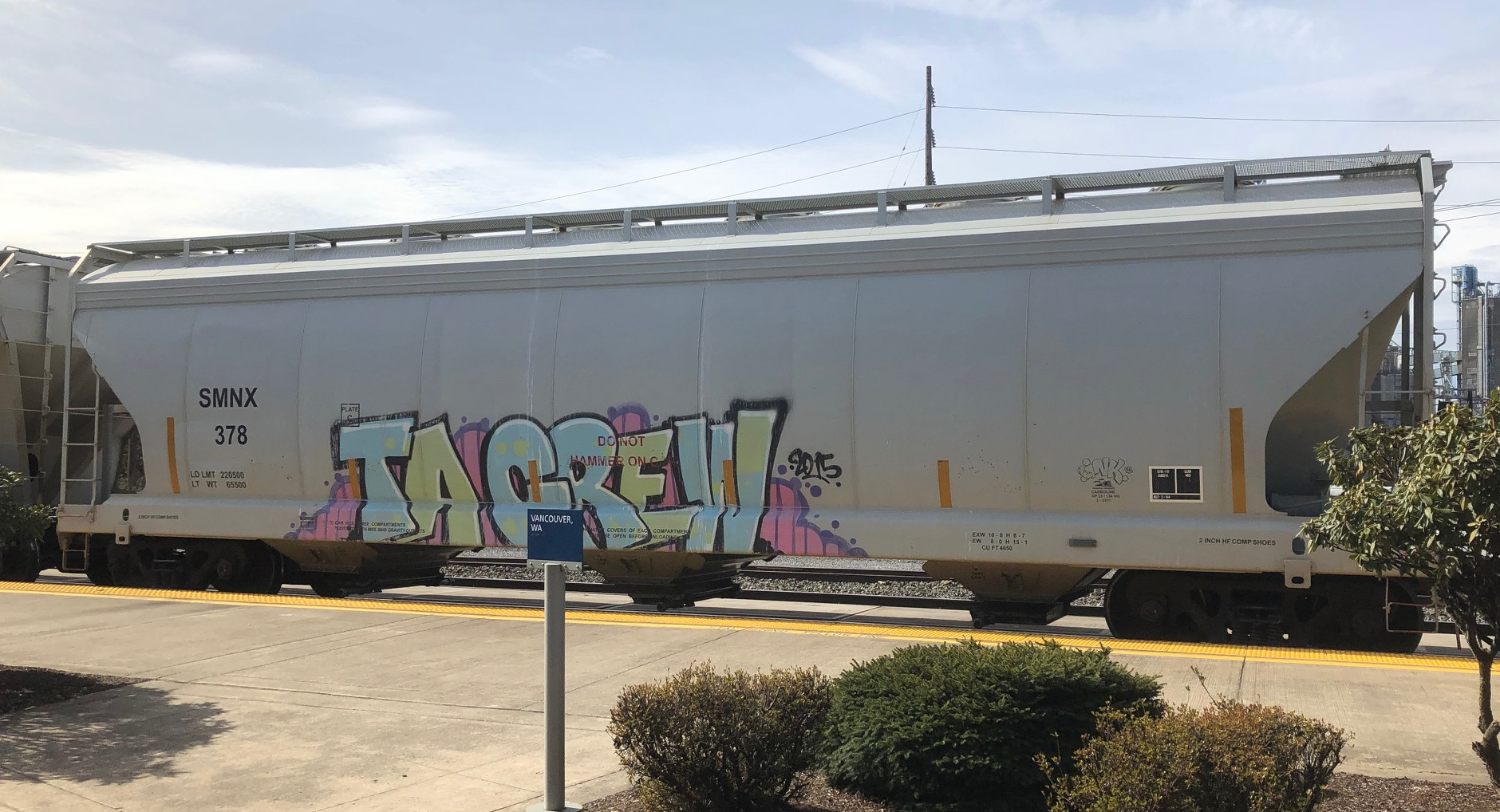Specific Item Information: Road Numbers: GFSX 540 & AEX 603
Prototype History: Production of the 4650-cubic foot 3-bay cars began in 1964. ACF built 2504 examples at Huntington, WV, between 1964 and 1972. The ACF 4650 c.f. 3-bay hopper was the same height and width as the 5250 c.f. 4-bay car but several feet shorter in length (and only had 3 bays!). Some railroads that were not concerned about having the larger plate C clearance 4650cf cars (which could not be used on all branchlines or at all loading facilities) opted for large fleets of 4650cf cars instead of 4600cf. UP and SP were two such railroads (all of the current UP 4600cf cars came from either MP or C&NW heritage).
Hatches: 6 30", 6 20", 3 pressed steel elongated (SP, SSW, 3 piece pressed steel continuous or 4 piece FRP continuous. Outlets: Several types of bolted or welded on outlets are used. Uses: Grain, soda ash, platic pellets. Trucks: 77 ton friction or roller bearing. 86 had 100 ton roller bearing.
Hatches: 6 30", 6 20", 3 pressed steel elongated (SP, SSW, 3 piece pressed steel continuous or 4 piece FRP continuous. Outlets: Several types of bolted or welded on outlets are used. Uses: Grain, soda ash, platic pellets. Trucks: 77 ton friction or roller bearing. 86 had 100 ton roller bearing.
Road Name History: 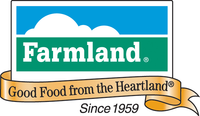 The cooperative was founded 1929 by Howard A. Cowden as the Union Oil Company (as a successor to Cowden Oil Company which he founded the year before). In 1935 it took the name Consumers Cooperative Association (CCA), and in 1966 Farmland Industries, Inc.
The cooperative was founded 1929 by Howard A. Cowden as the Union Oil Company (as a successor to Cowden Oil Company which he founded the year before). In 1935 it took the name Consumers Cooperative Association (CCA), and in 1966 Farmland Industries, Inc.
At its peak, the organization was the leading agricultural cooperative in North America, owned by 1,700 farm cooperatives in the United States, Canada and Mexico, which cooperatives were in turn owned by more than 600,000 farmer families. It had 16,000 employees in all 50 states and 90 countries. In 1977 it ranked #78 on the Fortune 100 company list. In 2001, its annual revenues were in excess of $11.8 billion. It was listed as one of Forbes' "most admired" companies. It ranked #170 on the Fortune List when the decision was made to sell the cooperative's assets.
The cooperative provided both agricultural supply and marketing services ranging from petroleum refining, fertilizer manufacture, feeds, shipping, crop production, livestock production, and refrigerated foods sales and marketing. The company was a joint venture partner with a number of other companies, including: Archer Daniels Midland in grain storage, distribution and marketing; Simplot in phosphate production; ConAgra in wheat marketing; Land O'Lakes in feed systems and crop nutrients; Cenex Harvest States in lubricants, propane and refined fuels; Mississippi Chemical in nitrogen production and shipping (Trinidad and Tobago); Norsk Hydro in phosphate fertilizer production and marketing; Wilbur Ellis Company in crop protection product marketing and distribution; U.S. Premium Beef in beef packing; and Kansas State University in agricultural research. Farmland also owned Tradigrain, a group of international grain trading companies headquartered in Geneva, Switzerland. Tradigrain was a wholly owned subsidiary of Farmland and had branch offices in Buenos Aires, Argentina; Paris, France; Bremen, Germany; Budapest, Hungary; Almaty, Kazakhstan; Tokyo, Japan; Mexico City, Mexico; Moscow, Russia; Seoul, Korea; Kiev, Ukraine; Nikolaev, Ukraine, London, United Kingdom; and Akkala, Uzbekistan.

At its peak, the organization was the leading agricultural cooperative in North America, owned by 1,700 farm cooperatives in the United States, Canada and Mexico, which cooperatives were in turn owned by more than 600,000 farmer families. It had 16,000 employees in all 50 states and 90 countries. In 1977 it ranked #78 on the Fortune 100 company list. In 2001, its annual revenues were in excess of $11.8 billion. It was listed as one of Forbes' "most admired" companies. It ranked #170 on the Fortune List when the decision was made to sell the cooperative's assets.
The cooperative provided both agricultural supply and marketing services ranging from petroleum refining, fertilizer manufacture, feeds, shipping, crop production, livestock production, and refrigerated foods sales and marketing. The company was a joint venture partner with a number of other companies, including: Archer Daniels Midland in grain storage, distribution and marketing; Simplot in phosphate production; ConAgra in wheat marketing; Land O'Lakes in feed systems and crop nutrients; Cenex Harvest States in lubricants, propane and refined fuels; Mississippi Chemical in nitrogen production and shipping (Trinidad and Tobago); Norsk Hydro in phosphate fertilizer production and marketing; Wilbur Ellis Company in crop protection product marketing and distribution; U.S. Premium Beef in beef packing; and Kansas State University in agricultural research. Farmland also owned Tradigrain, a group of international grain trading companies headquartered in Geneva, Switzerland. Tradigrain was a wholly owned subsidiary of Farmland and had branch offices in Buenos Aires, Argentina; Paris, France; Bremen, Germany; Budapest, Hungary; Almaty, Kazakhstan; Tokyo, Japan; Mexico City, Mexico; Moscow, Russia; Seoul, Korea; Kiev, Ukraine; Nikolaev, Ukraine, London, United Kingdom; and Akkala, Uzbekistan.
Brand/Importer Information: Micro-Trains is the brand name used by both Kadee Quality Products and Micro-Trains Line. For a history of the relationship between the brand and the two companies, please consult our Micro-Trains Collector's Guide.
Manufacturer Information:  Micro-Trains Line split off from Kadee Quality Products in 1990. Kadee Quality Products originally got involved in N-Scale by producing a scaled-down version of their successful HO Magne-Matic knuckle coupler system. This coupler was superior to the ubiquitous 'Rapido' style coupler due to two primary factors: superior realistic appearance and the ability to automatically uncouple when stopped over a magnet embedded in a section of track. The success of these couplers in N-Scale quickly translated to the production of trucks, wheels and in 1972 a release of ready-to-run box cars.
Micro-Trains Line split off from Kadee Quality Products in 1990. Kadee Quality Products originally got involved in N-Scale by producing a scaled-down version of their successful HO Magne-Matic knuckle coupler system. This coupler was superior to the ubiquitous 'Rapido' style coupler due to two primary factors: superior realistic appearance and the ability to automatically uncouple when stopped over a magnet embedded in a section of track. The success of these couplers in N-Scale quickly translated to the production of trucks, wheels and in 1972 a release of ready-to-run box cars.
Micro-Trains Line Co. split off from Kadee in 1990 to form a completely independent company. For this reason, products from this company can appear with labels from both enterprises. Due to the nature of production idiosyncrasies and various random factors, the rolling stock from Micro-Trains can have all sorts of interesting variations in both their packaging as well as the products themselves. When acquiring an MTL product it is very important to understand these important production variations that can greatly enhance (or decrease) the value of your purchase.
Please consult our Micro-Trains Collector's Guide

Micro-Trains Line Co. split off from Kadee in 1990 to form a completely independent company. For this reason, products from this company can appear with labels from both enterprises. Due to the nature of production idiosyncrasies and various random factors, the rolling stock from Micro-Trains can have all sorts of interesting variations in both their packaging as well as the products themselves. When acquiring an MTL product it is very important to understand these important production variations that can greatly enhance (or decrease) the value of your purchase.
Please consult our Micro-Trains Collector's Guide
Item created by: CNW400 on 2023-12-14 11:24:00
If you see errors or missing data in this entry, please feel free to log in and edit it. Anyone with a Gmail account can log in instantly.
If you see errors or missing data in this entry, please feel free to log in and edit it. Anyone with a Gmail account can log in instantly.


